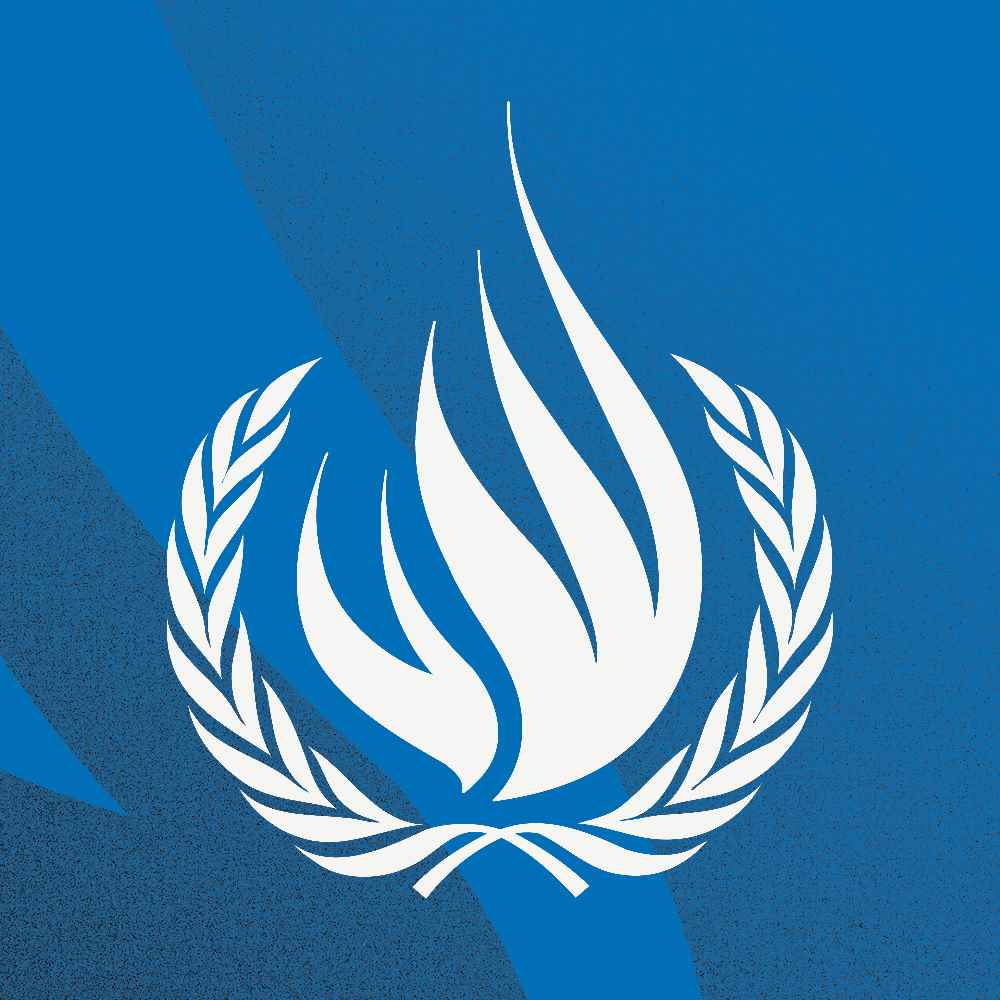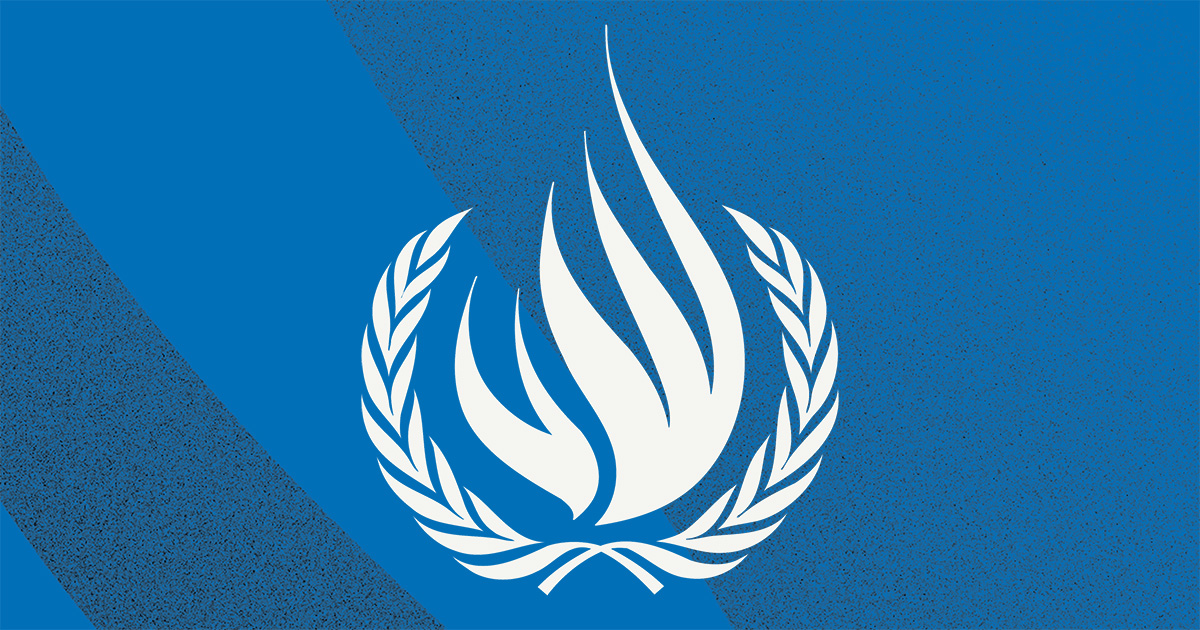
“International human rights law recognises the right of incarcerated individuals to access decent work,” the UN Special Rapporteur on contemporary forms of slavery, Tomoya Obokata, said during the recent presentation of his latest report to the Human Rights Council in Geneva.
Obokata’s report spotlighted the often overlooked and widespread exploitation of incarcerated people globally, with many subjected to substandard working conditions and forced labour.
While work during incarceration can be permissible under international law, he said such labour must meet strict conditions. These include conviction in a court of law compliant with international labour and human rights standards, work supervision ensured by public authorities, and safeguards for those working for private and business entities.
Obokata also pointed out that incarcerated individuals frequently face long hours without breaks or rest days, limited access to healthcare, safety protections or social security benefits.
"There is generally a lack of meaningful work opportunities, and wages are by and large insufficient, as incarcerated individuals are not able to pay for necessities, support their loved ones outside and save for their future in most cases”, he said.
The expert also highlighted labour used as a means of political coercion or punishment for expressing dissenting views, stressing that both are clear violations of international human rights standards. Sexual exploitation, harassment and violence were other serious concerns for incarcerated individual in various parts of the globe.
To address these challenges, Obokata called for urgent reforms, including the provision of meaningful vocational training and education within correctional facilities to aid rehabilitation.
He further stressed the importance of tackling discrimination and stigmatization of formerly incarcerated individuals, that limit their access to education, decent work, affordable housing and other public services, which in turn increases their risk of recidivism or further exploitation.
“Intersecting forms of discrimination must also be recognised clearly and addressed effectively as certain groups, such as indigenous peoples, those belonging to minority groups, persons of diverse sexual orientations and/or gender identities, younger or older persons and persons with disabilities continue to experience discrimination with regard to rehabilitation and reintegration,” he said.
The Special Rapporteur urged states to strengthen oversight, accountability, and access to justice for incarcerated individuals, ensuring that they are protected from all forms of exploitation.
“I was encouraged to learn some positive examples implemented by various States, including the requirement of informed consent, entitlement to social security and other benefits, the existence of written contracts setting out fair working conditions, and financial support to the families of incarcerated persons,” Obokata said.
He also called for greater collaboration between governments and other stakeholders to improve the rehabilitation and reintegration of prisoners, reducing their vulnerability to recidivism and modern forms of slavery upon release.











